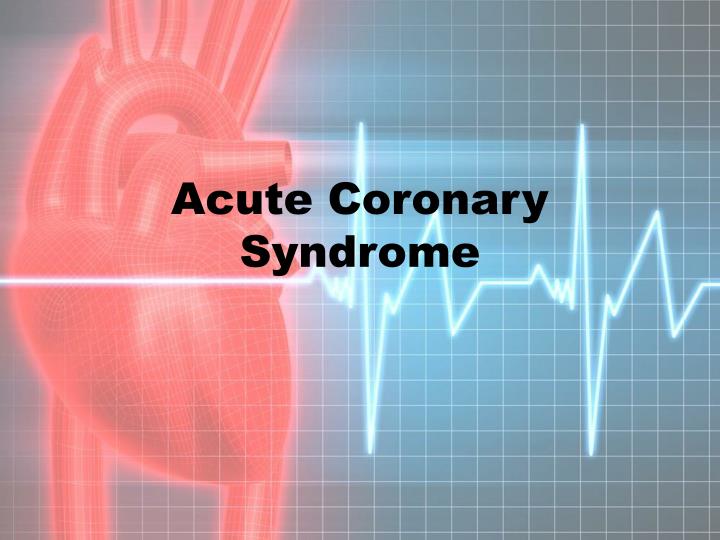- Home
- Editorial
- News
- Practice Guidelines
- Anesthesiology Guidelines
- Cancer Guidelines
- Cardiac Sciences Guidelines
- Critical Care Guidelines
- Dentistry Guidelines
- Dermatology Guidelines
- Diabetes and Endo Guidelines
- Diagnostics Guidelines
- ENT Guidelines
- Featured Practice Guidelines
- Gastroenterology Guidelines
- Geriatrics Guidelines
- Medicine Guidelines
- Nephrology Guidelines
- Neurosciences Guidelines
- Obs and Gynae Guidelines
- Ophthalmology Guidelines
- Orthopaedics Guidelines
- Paediatrics Guidelines
- Psychiatry Guidelines
- Pulmonology Guidelines
- Radiology Guidelines
- Surgery Guidelines
- Urology Guidelines
Siblings of RA patients at increased risk of acute coronary syndrome

There is an increased risk of an acute coronary syndrome (ACS) in siblings of individuals with rheumatoid arthritis (RA), suggesting shared susceptibility between the two diseases, according to the results of a study presented at the Annual European Congress of Rheumatology (EULAR 2018).
Results showed that patients with early RA and their siblings were 44% and 23% more likely to suffer from an ACS event than matched comparator subjects from the general population. A direct comparison of patients with RA to their siblings demonstrated that those with RA had a 19% higher risk of an acute coronary syndrome than their siblings.
"We welcome these results as they contribute to our understanding of cardiovascular risk in patients with rheumatoid arthritis," said Professor Thomas Dörner, Chairperson of the Abstract Selection Committee, EULAR. "This is important because cardiovascular disease is the main driver for the increased morbidity and mortality seen in patients."
H.Westerlind and his associates conducted a study to investigate any potentially shared susceptibility between RA and acute coronary syndrome by estimating the risk of ACS in full siblings of patients with (vs. without) RA. If there were shared susceptibility between the two conditions, non-RA siblings would also have an increased risk of ACS due to their similar genetic set-up and background.
The study used the Swedish Rheumatology Quality register (SRQ) to identify an early RA cohort diagnosed between 1996–2015, which was linked to the Swedish Multigeneration Register and identified 7,492 patients with RA from the SRQ (1996-2015) who had 10,671 full siblings, the patients with RA were matched for age and gender with 35,120 comparator subjects along with their 47,137 full siblings.
"Our results provide evidence of shared susceptibility between RA and ACS," said Dr. Helga Westerlind, "Although the nature of this needs to be further investigated, we believe that to bring down the cardiovascular risk in patients with RA, cardio-preventive measures must go beyond optimized RA disease control."
The study concluded that the increased risk of ACS in siblings of patients with RA provide evidence of shared susceptibility between RA and ACS and suggests that cardiopreventive measures must go beyond optimized RA disease control to bring down the CV risk in RA to that in the general population.
ACS is an umbrella term used to describe a range of conditions associated with the sudden, reduced blood flow to the heart such as a heart attack or unstable angina. Recent studies have demonstrated that severity of RA disease is associated with the risk of ACS, suggesting that it is the RA disease itself contributing to the excess risk.
The study was published in the journal Annals of the Rheumatic Diseases.

Disclaimer: This site is primarily intended for healthcare professionals. Any content/information on this website does not replace the advice of medical and/or health professionals and should not be construed as medical/diagnostic advice/endorsement or prescription. Use of this site is subject to our terms of use, privacy policy, advertisement policy. © 2020 Minerva Medical Treatment Pvt Ltd